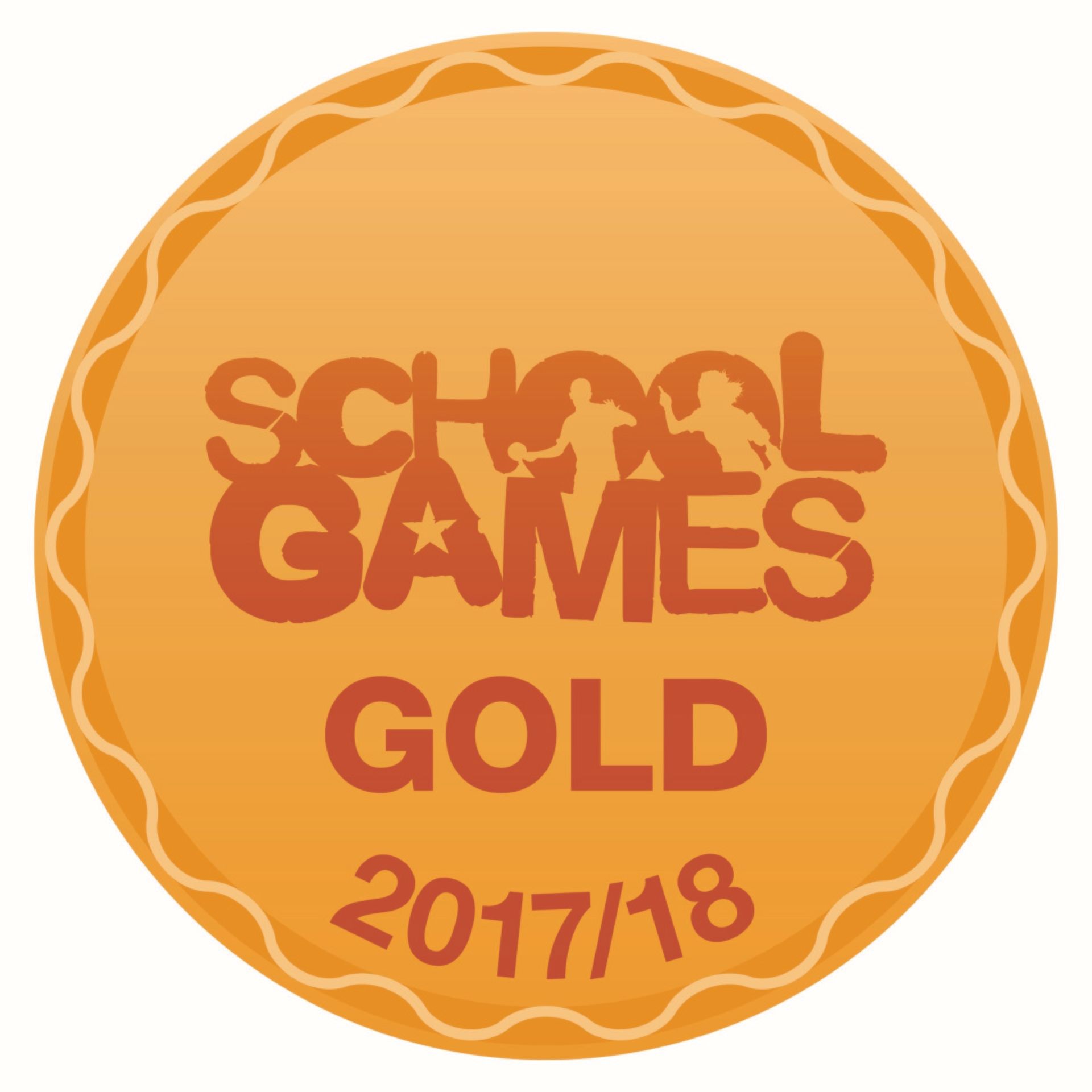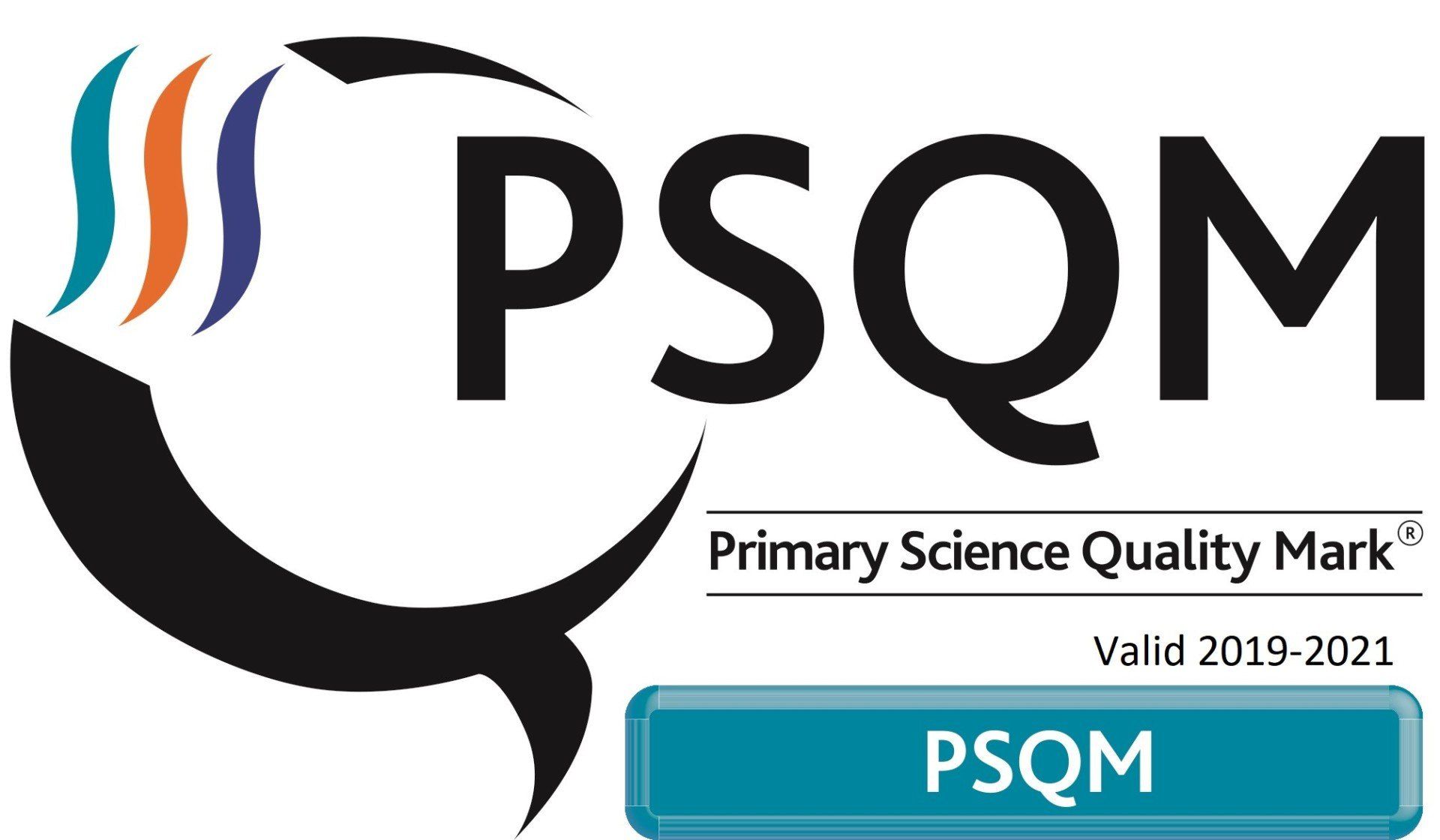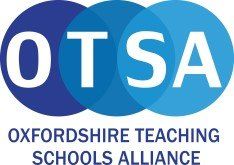Maths
Maths
Our aim is for children to use their knowledge and understanding of mathematics confidently in day to day life. We understand that our pupils come from a wide variety of backgrounds with different experiences and exposure to mathematical concepts. This means that they require robust and clear progression, in small steps, to become confident mathematicians.
We want to enable our children to:
- Remember key mathematical facts and understand how these relate to other facts.
- Enjoy mathematics as a tool for problem solving and for its own sake.
- Receive a broad and balanced Mathematical curriculum and a range of appropriate learning experiences.
- Be able to reflect on their learning and how what they have experienced is linked to previous learning.
At Longworth School we use the White Rose Maths schemes of learning as a basis to guide the children’s journey to mathematical understanding. White Rose Maths is based on a small steps approach that gradually b uilds up to develop a deep understanding of the subject. Teachers use their expertise and knowledge to adapt and develop lessons so that they meet the needs of our children and they may supplement the White Rose Maths scheme using resources fro m ot her sources.
We use a concrete, pictorial and abstract approach to underpin understanding .
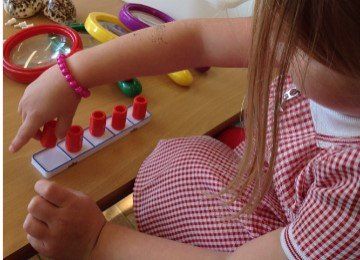
This is the ‘doing’ stage where children use physical objects to help them to develop their understanding. It brings concepts to life as children are able to be hands on and move objects around. In class this might be through mathematical manipulatives, such as numicon, cubes, place value counters etc. or through using ‘real life’ objects.
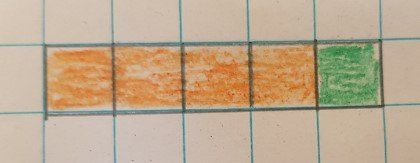
This is the ‘seeing’ stage, where representations of the objects are used to support learning. This stage serves as a ‘bridge’ between the concrete and abstract stages encouraging children to make a mental connection between the physical object and the abstract level of understanding. Children might demonstrate pictorial understanding by drawing or looking at pictures, circles or diagrams or using models which represent the objects in the problem.

This is the ‘symbolic’ stage, where children are able to use abstract symbols to model and solves mathematical problems.
Although these are presented here as three distinct stage, the different representations may be presented side by side to aid deeper understanding. Children might be encouraged to revisit the concrete and pictorial stages to demonstrate their own understanding and to aid their explanations and reasoning skills.
Maths lessons will include elements to develop fluency as well as opportunities to practise reasoning and problem solving skills. We use talk, in partners and sharing with the class, to share ideas and explore our understanding. We recognise that answers can be reached in different ways and that sharing our thoughts can help us to find the best way to solve problems. By identifying this variation, we can continue to develop and show our deep understanding of concepts.
